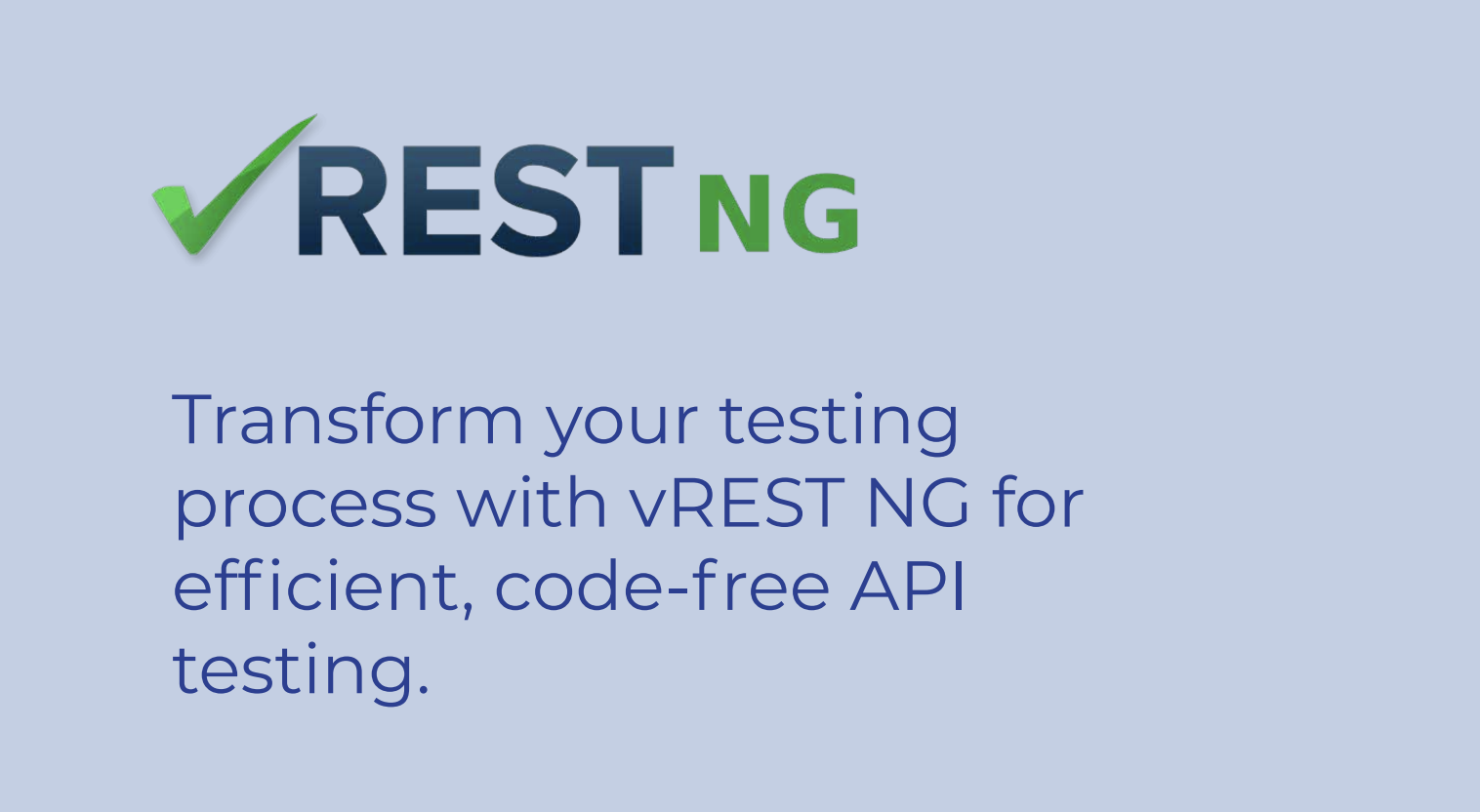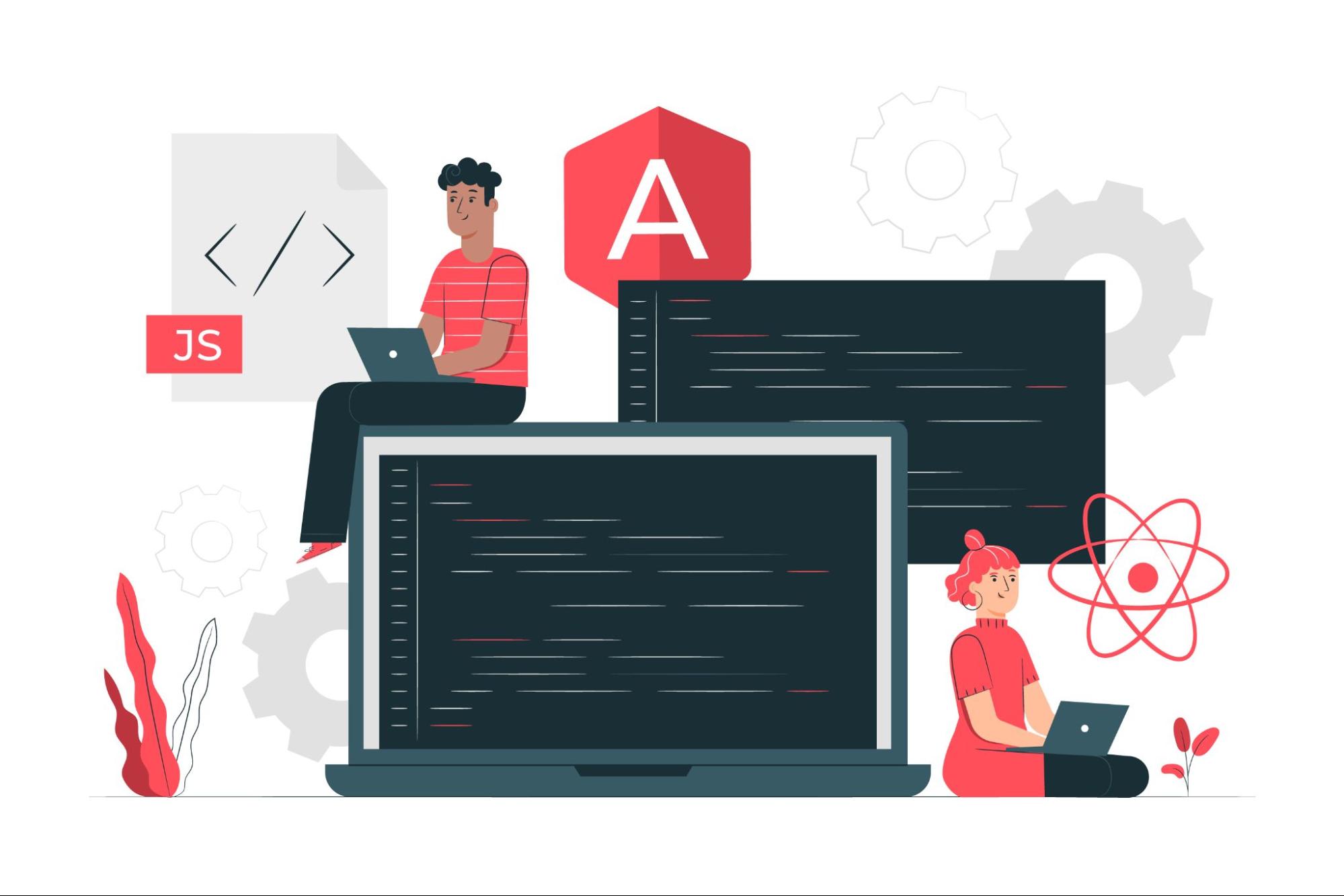Introduction
Reliable and efficient API testing tools form a very essential part of the dynamic landscape of software development. In terms of communication among them, modern applications are based on APIs or application programming interfaces, making this kind of interaction easy and predictable. Therefore, API testing has become quite critical to ensure the robustness and reliability of such interactions within the development process. Below are the top 10 very popular API testing tool feature descriptions and advantages that can be useful for one to pick from the tools for API testing for his/her needs.
Top 10 API Testing Tools
Here is a list of the top 10 API testing tools, along with all the details. Let’s see which one fits your situation best.
1. Vrest by Optimizory

One of the immensely powerfully designed API automation testing tool is Vrest. It helps in simplifying the testing process of APIs. Vrest offers a variety of features to make creating, managing, and executing API tests absolutely painless. It is specially designed for automated testing to let you know your APIs work as expected against different conditions.
Key Features:
- Intuitive interface to create/manage tests
- Automated testing support
- Detailed test reports
- Out-of-box integration with famous continuous integration and continuous deployment tools
- Strong API Validation and Verification
2. Postman
Postman is one of the most popular, widely used tools for API testing in the market. It is immensely user-friendly. And on top of that, it also possesses a good number of features that make it a developer's favorite. Using Postman, you can easily generate, send, and test an API request. It shall support different kinds of requests—GET, POST, PUT, DELETE—and give out detailed performance reports on your APIs.
Key Features:
- Easy-to-use interface
- Supports multiple requests
- Automation Testing with the Postman Collection Runner
- Full Reports and Analytics
- Out-of-the-box integration with CI/CD pipelines
3. SoapUI
Another ultra-famous tool for API testing is SoapUI. It supports REST and SOAP APIs, which makes it pretty versatile for different scenarios of API testing. In terms of functionality, the SoapUI provides a really large set of features for functional, performance, and security testing.
Key Features:
- REST and SOAP APIs are supported.
- Functional, Performance, and Security Testing
- It provides scripting support for complex test scenarios, detailed test reports, and good integration with popular testing and development tools.
4. JMeter

Apache JMeter is undeniably one of the most powerful and open-source test tools. Mainly designed for performance testing, it also features API testing, which is very useful to any developer. It is capable of sending a large number of requests, making it very suitable for load-testing APIs.
Key Features:
- Licensed under open-source Apache: free of charge
- Supports load testing for APIs
- Highly extensible with plugins
- Has scripting capabilities for complicated tests
- Detailed performance reports
5. Katalon Studio
Katalon Studio is an integrated test automation tool that supports API, web, and mobile testing. At the moment, the tool offers an intuitive interface and a set of features to create and run automated tests with utmost ease.
Key Features:
- Supports API, web, and mobile testing
- Intuitive user interface
- Good automation capability
- State-of-the-art test reports
- Integration with CI/CD pipelines
6. RestAssured
A Java-based library, Rest Assured, enables the testing of RESTful APIs. Developed with a developer in mind, for those who see doing it in code makes more sense, it gives the edge with an enormous amount of functionality for developing and executing API test.
Key Features:
- Java-based library
- Support for BDD, expressed in syntax
- End-to-end API testing
- Very detailed reports on testing
- Integrates well with testing frameworks
7. TestNG
TestNG is an all-categories test-coverage testing framework, including unit, functional, end-to-end integration, and API tests. TestNG is empowered with a lot of features that give it great power in API testing.
Key Features:
- Different types of tests are supported.
- It provides powerful and flexible test configurations.
- Detailed reports and logging
- It is integrated with popular development tools
- Supports parallel test execution
8. Tricentis Tosca

Tricentis Tosca is a professional enterprise test automation tool that enables API, web, and mobile testing. It has an entirely integrated development environment for creating automated tests, which makes it a very comprehensive solution for large organizational entities.
Key Features:
- API, web, and mobile testing
- Enterprise-level features
- Robust automation features
- Extensive test reports
- Integration into the CI/CD pipeline
9. Citrus
Citrus is an open source-based test framework for integration tests of messaging protocols and a format of data representation. Using this tool, one can perform API testing against various protocols at hand.
Key Features:
- Open source—who does not love free?
- Multiple protocol support
- Integration testing
- Detailed Test Reports
- Customizable with custom plugins
10. Swagger
Swagger is one of the most popularly used tools for designing, building, and documenting APIs. It eases the process of creating and testing APIs due to the presence of multiple features that are important to any developer.
Key Features:
- API design and documentation
- Automated testing
- Thorough API documentation
- Integration with popular development tools
- Comprehensive test reports
Choosing the Right API Testing Tool
While choosing from the many API testing tools out there, consider the needs and requirements that flow down to exactly what you need. Here are a few considerations to keep in mind:
-
Ease of Use
Use any tool that has an intuitive interface and features that are easily operable. A good API testing tool can reduce the learning curve drastically, thus letting your team work efficiently. This should provide drag-and-drop and pre-built templates, along with detailed documentation, for rapid testing.
-
Automation Features
Look for tools that provide automated testing to reduce the effort with respect to time. Automation capabilities are of paramount importance for the efficient and reliable execution of repetitive tests. Robust automation features in tools let you schedule tests, run them in parallel, and integrate with CI/CD pipelines so that your APIs are tested regularly without manual intervention.
-
Integration
Make sure that the tool will integrate with your existing development and CI/CD pipelines. The ability to connect to continuous integration tools like Jenkins, GitHub, or GitLab will elevate the workflow to a different level with continuous testing and fast feedback loops. Interoperability with other development tools makes sure that testing is just part of the development lifecycle, embedding a DevOps culture.
-
Reporting
Good and detailed test reports are important for both problem diagnosis and the performance tracking of your APIs. A good API testing tool should, hence, have comprehensive reporting features enabled, such as logs, screenshots, and performance metrics. These reports help diagnose problems, hence helping in the understanding of test results and making data-driven decisions to improve your APIs.
-
Support and Community
Secondly, consider tools that provide good support and have an active community. Often, you are going to run into problems; access to reliable customer support and a lively user community becomes very important in such scenarios. Carefully look for expansive online resources, forums, and regular updates of the tools so as to get help and keep current with the best practices and the newest features.
Conclusion
API testing is one of the most integral parts of software development today. Choosing the right API testing tools will give you reliable, high-performance APIs, enabling a better user experience overall. Be it popular ones like Postman and SoapUI or specialized ones like Vrest by Optimizory, there are plenty of options. Make sure also to remember ease of use, automation, integration, and reporting while choosing.




